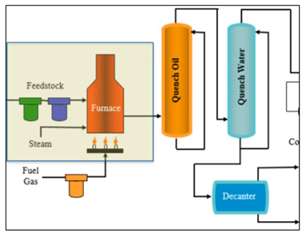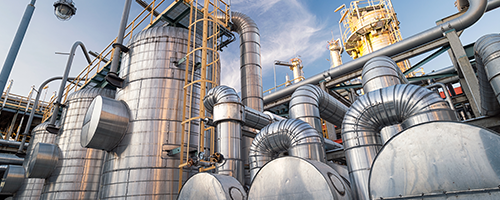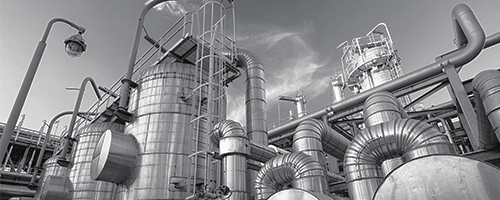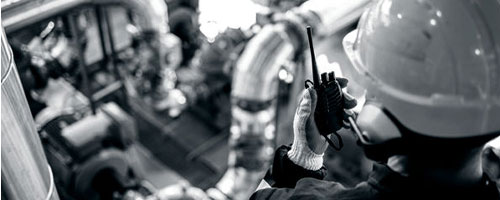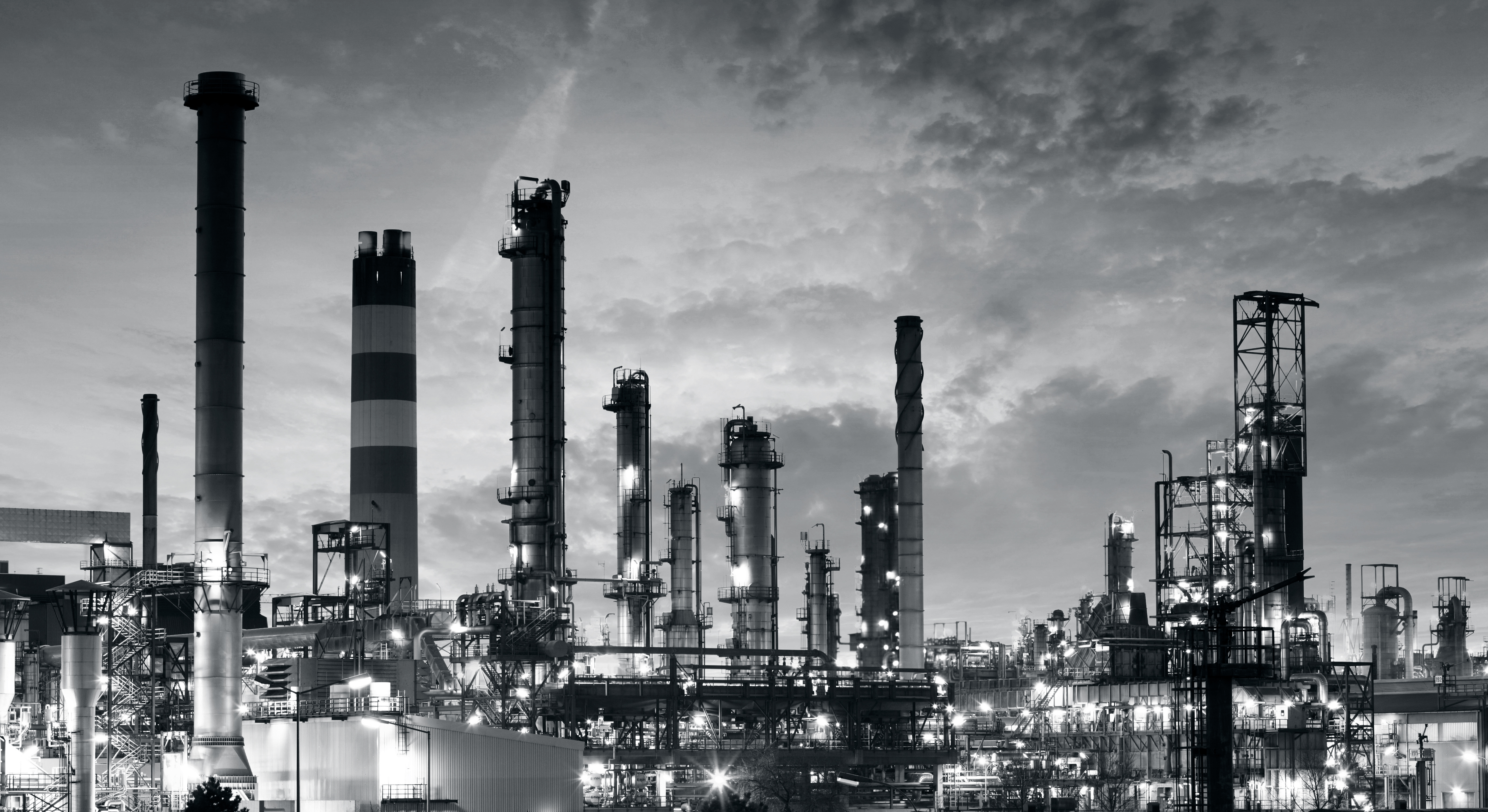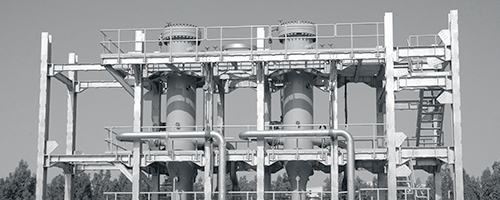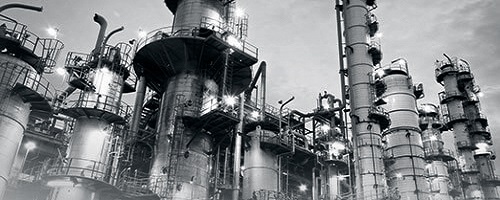
How to increase ethylene plant productivity through feedstock contamination removal
June 01, 2022
Ethylene Production From Naphtha Cracking
Cracking furnaces are critical pieces of equipment within Ethylene plants because they define overall production yield. Downtime caused by contamination negatively impacts overall productivity and final output. The efficient removal of all contamination starting at the furnace feed treatment point is a crucial preventative measure.
Contaminants in the inlet hydrocarbons can adversely affect ethylene production in several ways. Typically, gas or naphtha serve as feedstocks. Gas feeds require particulate removal through gas-particle filters. A naphtha feed will require the removal of water and solids. Both contain impurities that, if not removed before entering the furnace, will cause significant performance issues.
Naphtha Feedstock
Naphtha feedstocks transported by barge or tanker may become contaminated with saltwater (sodium chloride), which causes corrosion. Failure to remove this can result in localized burnout and damage to the furnace coil tubes. The formation of coke is another unwanted effect of sodium. Both sodium and iron oxides can promote coke formation in the furnace, which is a primary cause of catalyst deactivation.
Effects of contaminants on Ethylene Furnaces
- Contaminants like sodium accelerate coke formation in furnaces, decreasing run times
- Loss of furnace efficiency, especially during pigging where high amounts of solids can be present
- Occasionally results in off-spec products and carbon monoxide (CO) formation
- May result in the expensive replacement of furnace tubes due to corrosion
To ensure your plant is running as smoothly as possible, consider the following questions:
1. What is your typical furnace run length vs design run length?
2. What type of treatment is used on a furnace feed stream?
3. Is the treatment meeting specification?
4. What type of equipment are you using – are you using a coalescer?
5. What contaminants cause the most issues?
Answering these questions will allow you to determine whether you need to take additional steps to eliminate contamination caused by your feedstock.
Recommendations to improve plant productivity through the elimination of contaminants
For a liquid or naphtha feed, our recommendation would be to use a pre-filter followed by a liquid/liquid coalescer. A pre-filter with an absolute rating of 10 µm is recommended to protect the steam cracker. Pre-filtration can extend coalescer life by up to two years if protected by absolute rated filtration. High-efficiency liquid/liquid coalescers prevent coke formation and allow for longer runs by increasing removal efficiency. The removal efficiency you can expect with a high efficiency coalescer should provide a free water removal of less than 15 ppmv. When dealing with quench water or water systems, this removal efficiency can reduce to less than 20 ppmv for oil and grease levels.
In addition, a high efficiency coalescer system can provide the following additional benefits:
- Reduced fouling and plugging in the cracking coils
- Lower fuel gas consumption due to less fouling
- Improved control of the naphtha to steam ratio due to reduced fouling of control valves and flow meters
- Reduced maintenance costs associated with mechanical cleaning of the transfer line exchangers
- Lengthened furnace tube life due to the use of liquid-liquid coalescers, helping to eliminate the sodium attacks that drastically reduce the lifespan of tubes
- Reduced CO formation and concentration in the cracked gas
- Decoking operations reduced in one year, reducing particle and CO2 emissions.
For more information about our solutions for ethylene production from Naphtha and to speak to one of our specialists, please contact us.
Subscribe to our blog to stay up-to-date on the latest insights and trends
- Category
- Author
- Sort By
- 1
